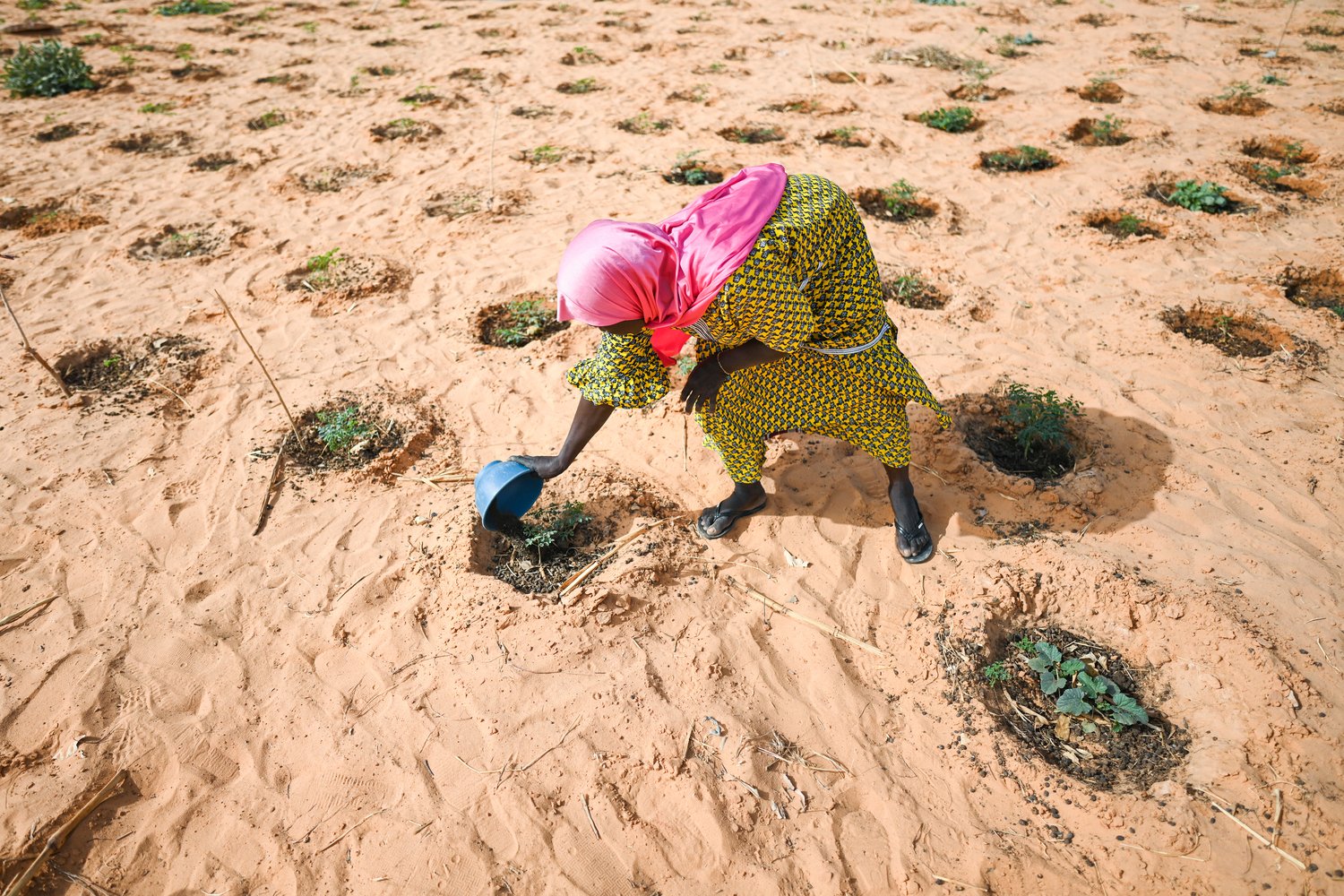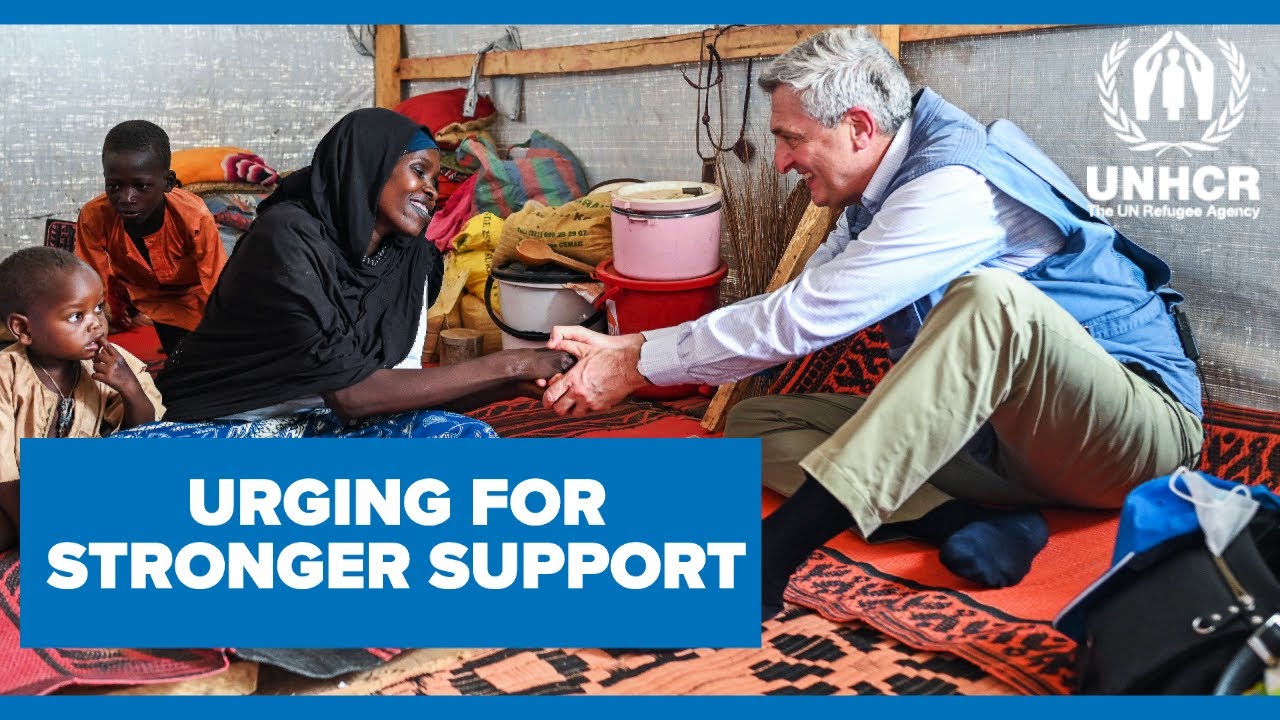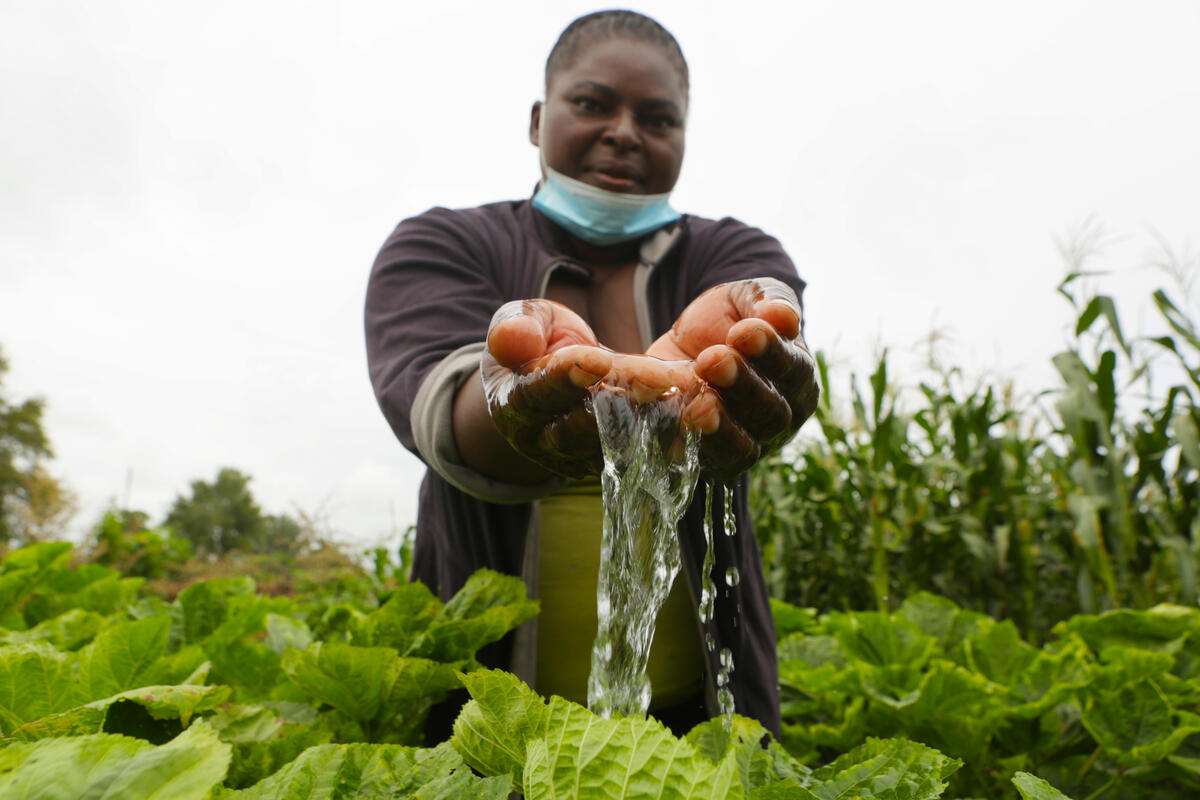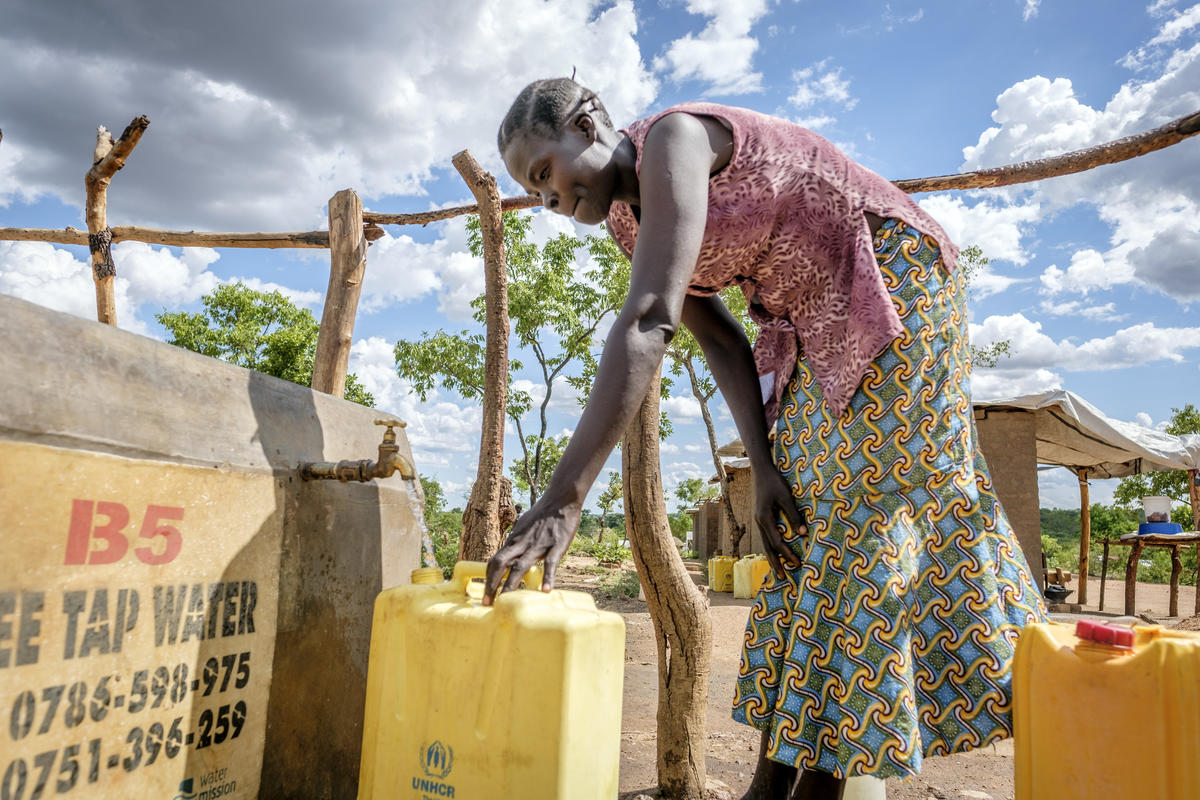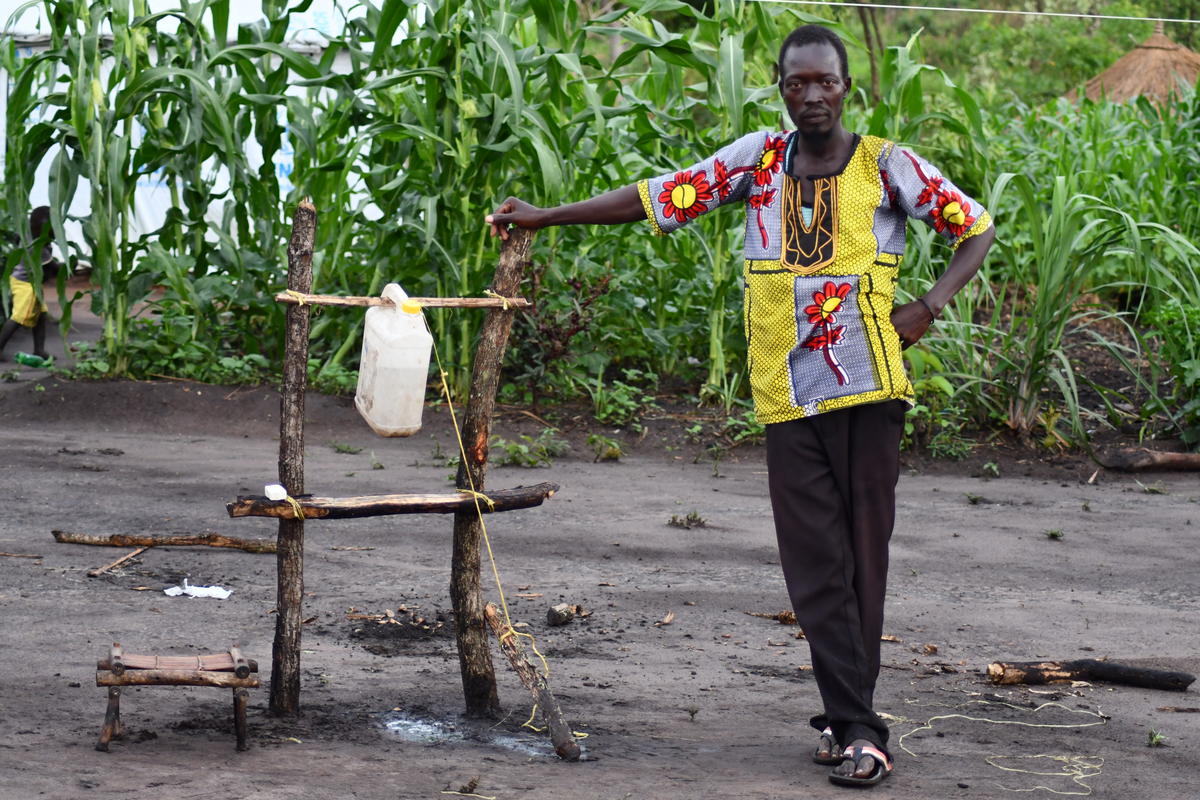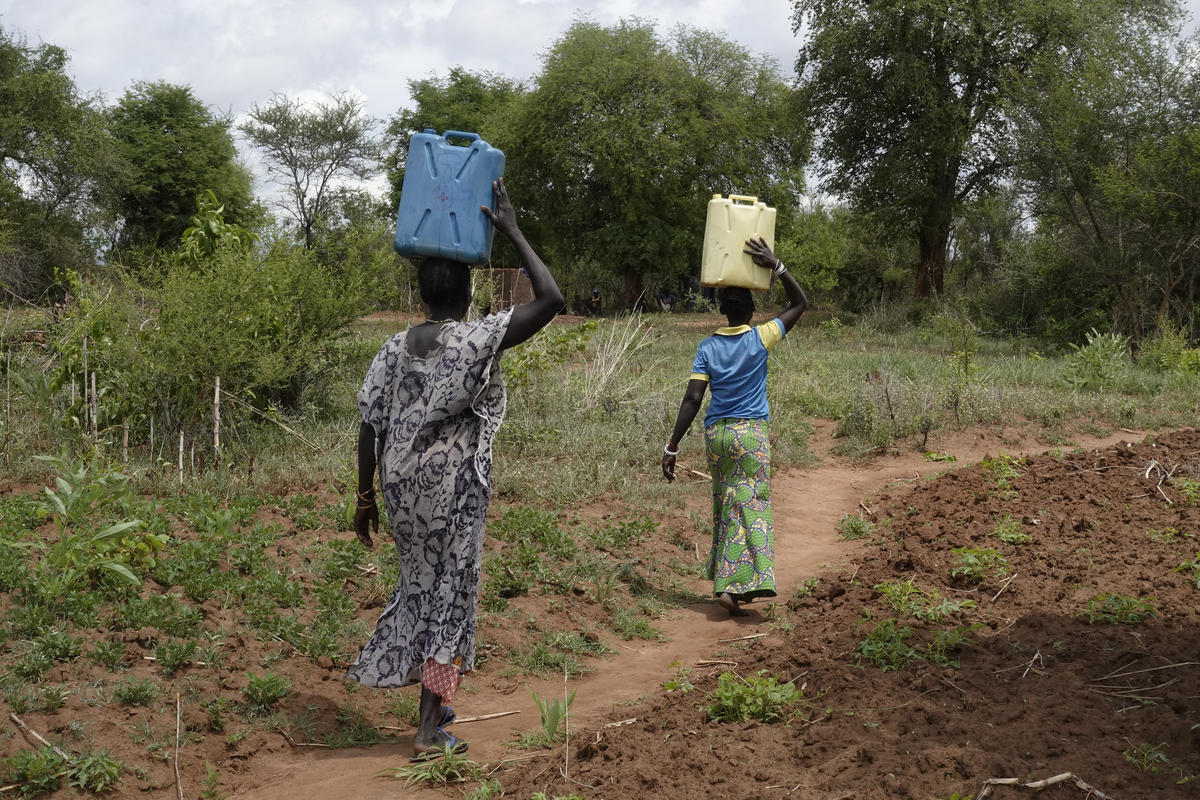World Water Day
World Water Day
Tomorrow, March 22, is World Water Day. Access to safe water is a basic human right. In a refugee context, it is very often the key to life or death for people who have had to flee their homes from war and persecution. Right now, water is a crucial issue in preparations underway by relief agencies to cope with a possible refugee outflow in the countries neighbouring Iraq. In Jordan, for example, proposed refugee sites are located in the east of the country, where water is scarce. The Jordanian Ministry of Water and Irrigation has had to dig several boreholes to more than 300 metres down to reach water to supply the proposed refugee sites in this area. Because the water found is too saline to drink, desalination equipment also had to be brought in. With these measures, which cost us about US$6 per cubic metre, there appears to be sufficient water for the Ruwaished site designed to initially shelter up to 10,000 people. Similar challenges could confront other countries in the region which may receive refugees.
World Water Day is particularly relevant this year, which has been declared the International Year of Freshwater. According to UNHCR's emergency guidelines, the minimum amount of water required for survival is 7 litres per refugee per day, which should be increased to 15 to 20 litres per day as soon as possible. This can be a difficult level to reach, particularly in some of the remote or desert-like environments where refugees flee.
Worldwide, UNHCR, through its implementing partners, carries out 285 activities in 46 countries to provide safe water for refugees. These range from trucking water to refugee sites and drilling wells to running and maintaining generators and water pumps to keep water systems functioning.
In light of the International Year of Freshwater, UNHCR has launched a global survey on water supply for refugees to identify the major gaps in providing safe water to the 20 million refugees and others of concern to UNHCR worldwide. Preliminary indications reveal that there are still several programmes, specifically in Africa, in which UNHCR has not been able to fulfil the prescribed minimum level of water supply to our persons of concern. The survey, which should be completed later this year, will help UNHCR better direct and shape its water projects.


